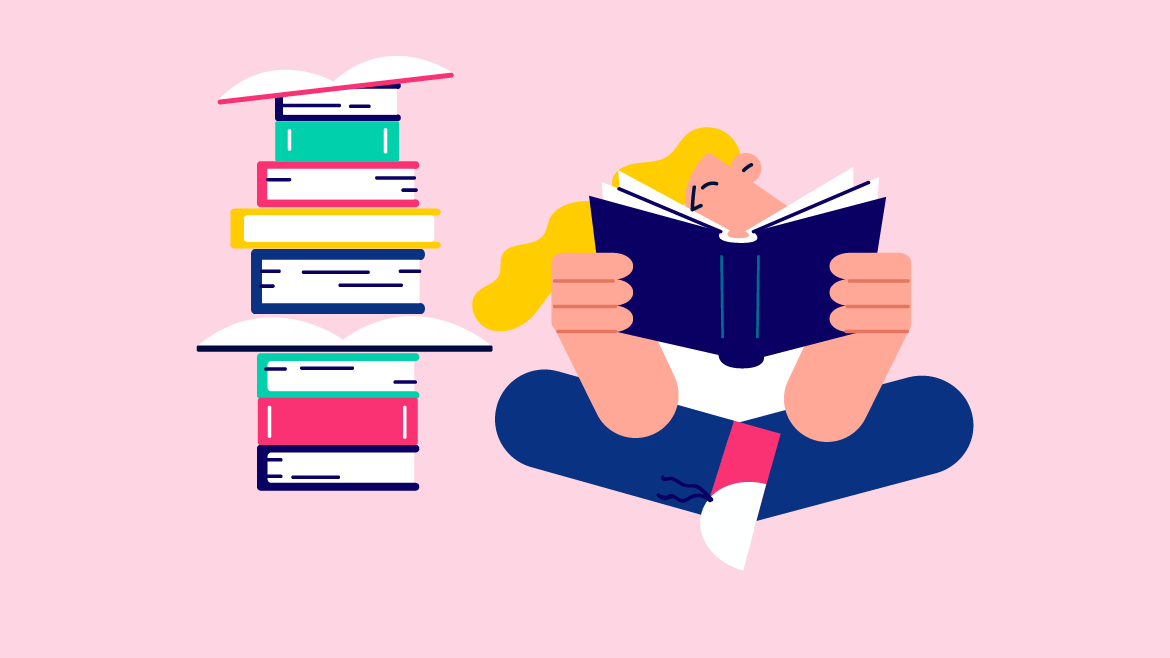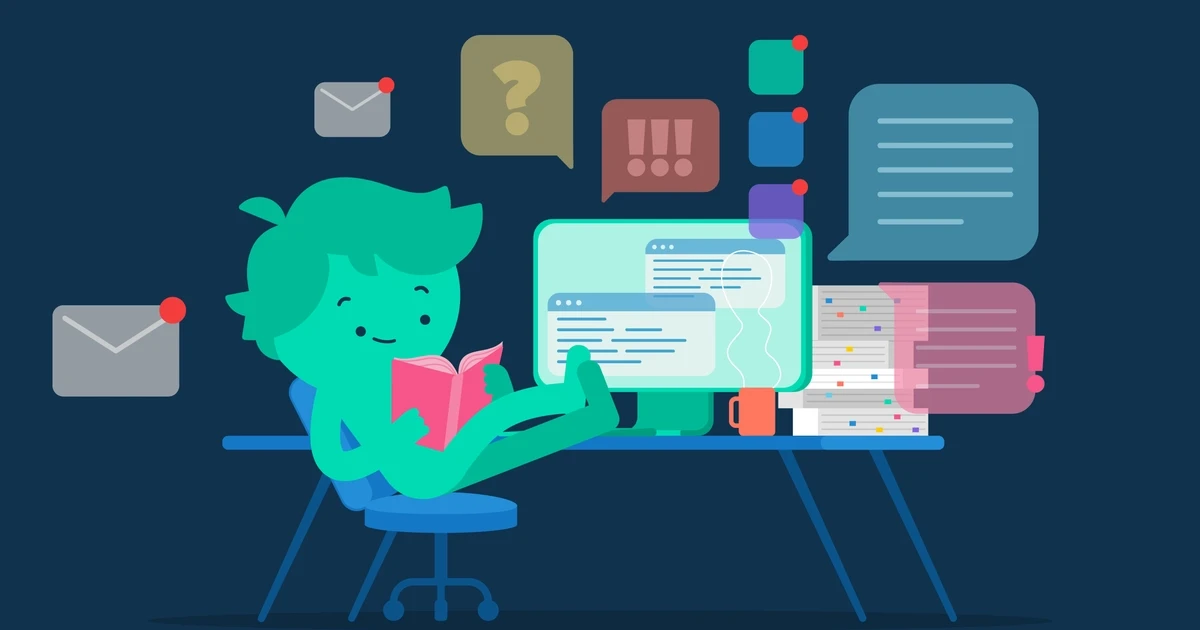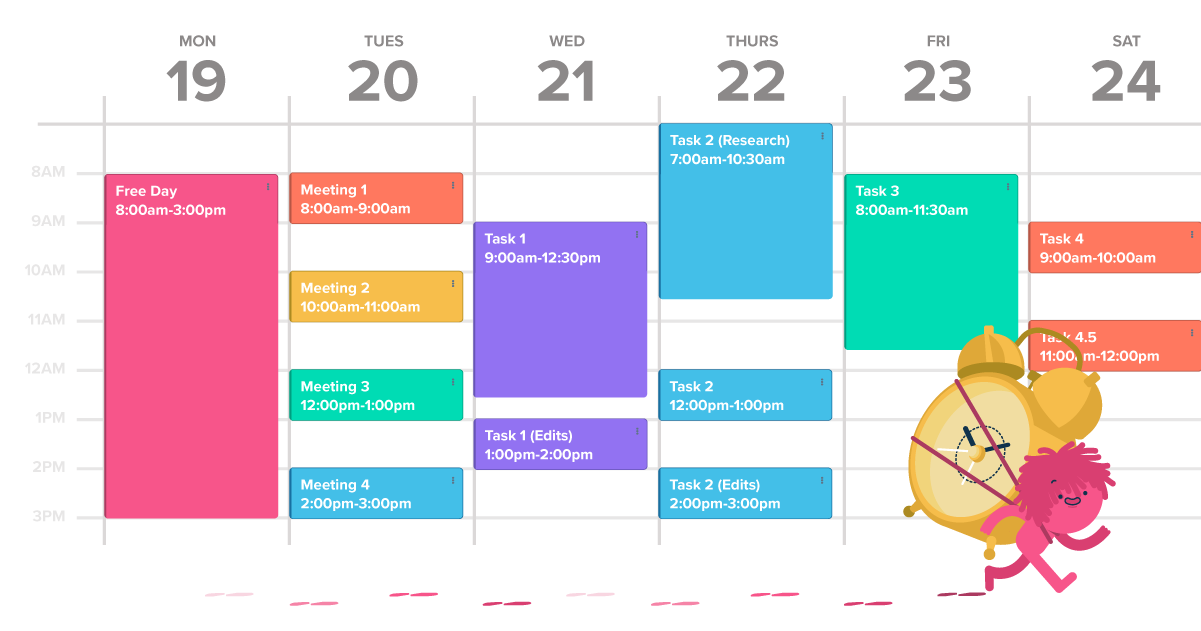Effects of Studying with Music
There is no such thing as absolute silence when studying. Even if you are alone and buried in your books, there will always be some background noise around you, be it the buzz of your computer, your neighbours discussing their latest issues in the hallway (charming people, aren’t they), or the traffic humming outside. According to physics, music is organised noise, and it can help you tone down the less pleasant auditive input when you’re trying to focus. So let’s check out what the benefits of studying with music are.
Study With Music – Enjoy the Benefits
There are many positives to spicing your study sessions up with music:
1. Music improves your mood. Listening to your favourite songs delivers much-coveted serotonin to your system. You can maintain this positive mindset by incorporating some carefully selected tunes into your study sessions.
2. Music can increase your concentration. Listening to classical music while studying can enhance your ability to form logical conclusions and spot patterns in your textbooks, which helps you to predict outcomes and results. When we study, we process information in chunks, often dividing it into logical, association-based groups. Classical music can lead you to that ‘a-ha!’ moment faster and more accurately.
3. Music reduces stress. Who hasn’t been stressed before a big test or deadline? Instead of spiralling into panic, put on some relaxing music to keep your emotions in check so that you can focus on your assignments. Music creates a positive effect (a psychological term for complex emotional states), which is shown to improve cognitive functions.
4. Music can energise you. Ever wondered how you can go out and dance all night without even thinking about being tired? As you might guess, music’s behind it because it can increase your energy levels. If you’re facing the dread and drudgery of an all-nighter (but in all honesty, get some sleep!), I suggest trying out some of the study playlists available on Spotify and 8tracks.
Studying with Music with Lyrics – Is It Really That Bad?
While music can greatly affect your ability to learn new things, I would suggest that you don’t study with music with lyrics. Music with lyrics is guaranteed to distract you, especially if you’re listening to your favourite tunes. Our brains work with different competencies, one of them being linguistic. If you’re singing along, your mind can only process one. Focusing on the lyrics will decrease your reading comprehension, impinging on your memorisation abilities.
Let’s be honest, who wouldn’t rather listen to the Top 100 playlist than study? If you are really dying to sing along to the beat of your faves, save that for repetitive tasks or algebra.
Best Music to Study With
If you usually listen to music with lyrics and are suddenly at a loss on what to turn to, we’ve got your back with some of the best options to enhance your learning!
Choose Some Classical Music to Study With
You have heard of the Mozart effect – the very one claiming that classical music increases intelligence. Well, unfortunately, that has been debunked, but that doesn’t mean that classical music has no benefits when studying. Quite the opposite. Its complex compositions stimulate the frontal cortex to connect and analyse information better. Try this playlist for intense studying.
Stressed Out? Keep Your Head by Finding Some Relaxing Music to Study With
Piano music has an amazing effect on your brain and stress hormones. The fact is that you won’t be able to perform well if you’re too anxious or worried, which is why we suggest this playlist that will calm you down without putting you to sleep.
Need a Study-Buddy? Check Out This ‘Study with Me with Music’ Compilation
Some people simply thrive in group settings. Positive exchange promotes creativity, and having someone next to you when studying is great if you need help and someone to hold you accountable. If you prefer to have a sense of company while studying, the ThriveStudies YouTube channel will provide you with a virtual study companion, the full library feel, and even music.
To Study with Music or Not to Study with Music, That Is the Question!
Studying with music has a number of great benefits ranging from mood improvement to better understanding and learning. If you go for it, go for instrumental, predominantly piano-based compilations. The tempo of the songs should not be too slow, lest you doze off, nor too fast as it can disrupt your learning. Also, try to avoid experimental or deep bass sounds and treat yourself to a decent adblocker (unless you want dishwasher and furniture ads to interrupt your peaceful music).
Lastly, not everyone can study with music. Some people prefer silence, and some studies even show that different personality types prefer different working environments. Introverts are more likely to go for quiet and unobtrusive study sessions, whereas extroverts prefer to work with music. Try it out and see if it improves your learning abilities and overall performance. As they say, listen to your heart when studying’s calling for you and good luck!
Frequently Asked Questions (F.A.Qs)
Classical, piano-based music is the most effective to help you study. Mozart, Beethoven, and Chopin’s piano sonatas offer great mental stimulus and can enhance your study sessions.
Depending on the music you choose, it can be greatly beneficial or detrimental. Moderate music at medium volume has been shown to help with studying, whereas loud and fast music and music with lyrics are disruptive and distracting.
Listening to the right kind of music can help you study. Go for classical, piano compositions at medium to low volume, as they offer the greatest benefits for your learning. Also, relaxing music can keep your stress levels low when you need to focus.
Studying with music has many positive effects: it can energise you, boost your mood, improve your concentration, and enhance mental faculties like remembering and forming logical conclusions.
How we ensure our content is accurate and trustworthy?
At StudySmarter, we have created a learning platform that serves millions of students. Meet the people who work hard to deliver fact based content as well as making sure it is verified.

Gabriel Freitas is an AI Engineer with a solid experience in software development, machine learning algorithms, and generative AI, including large language models’ (LLMs) applications. Graduated in Electrical Engineering at the University of São Paulo, he is currently pursuing an MSc in Computer Engineering at the University of Campinas, specializing in machine learning topics. Gabriel has a strong background in software engineering and has worked on projects involving computer vision, embedded AI, and LLM applications.
Get to know Gabriel




